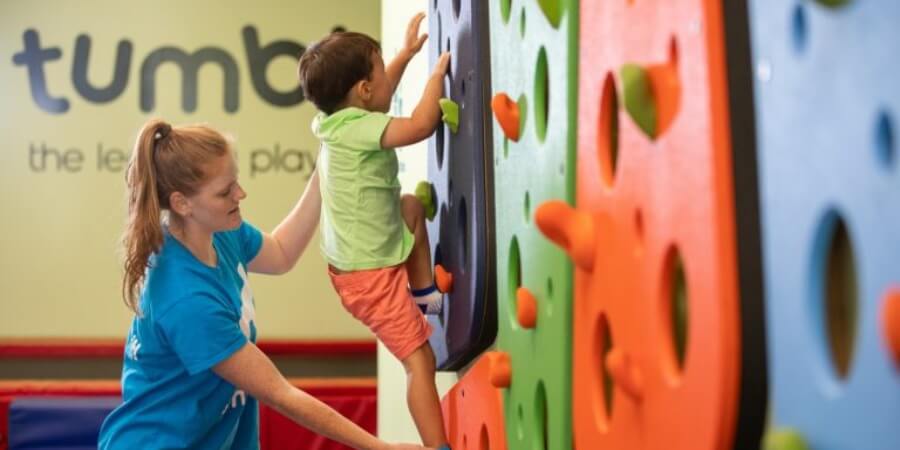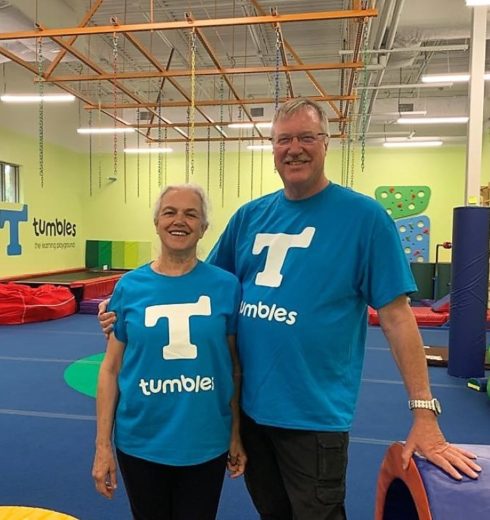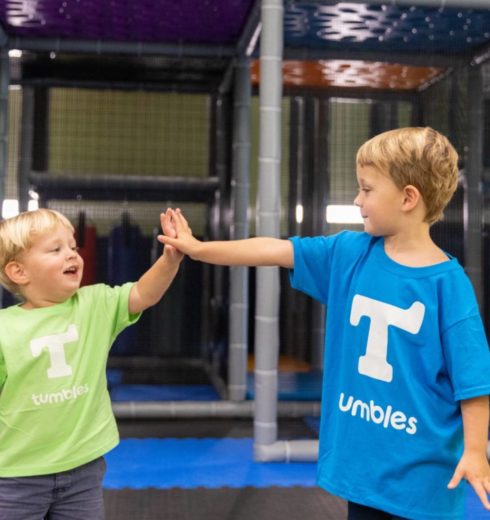
Early STEM Matters
May 27, 2021First, early investments in STEM pay off. While not enough longitudinal research exists to track the effects of early experiences in each of the STEM disciplines, several studies have shown that children’s mathematics achievement at kindergarten entry predicts later math and literacy achievement even more than early literacy ability does.
Further, high-quality STEM experiences provide young children with opportunities to develop critical thinking, executive functioning, and problem solving skills that cut across subject areas (within and outside of STEM disciplines) and that set the stage for how they approach learning and thinking about rich content into the future. These experiences also provide children with engaging, motivating, and relevant contexts in which to practice and learn many of the other skills they are working on, including their emerging language and literacy skills.
Research has found that children from different socioeconomic circumstances enter kindergarten with large differences in math and science knowledge, and that these differences tend to persist—even grow—over time. However, these differences can be ameliorated through school and home experiences that promote disciplinary talk, teach foundational concepts, skills, and practices, and develop confidence, interest, and other positive dispositions about STEM. In other words, intentional inclusion of STEM experiences in early childhood can prevent these dangerous and persistent early learning gaps in STEM areas.
Second, children’s attitudes about STEM and about themselves as STEM learners are formed early. Children’s earliest experiences with science, technology, engineering, and mathematics set the stage for their later engagement and success in those fields; if we fail to give all children access to highquality early STEM experiences, instead providing either inferior quality STEM experiences or no STEM at all, they may very well lose interest in STEM topics or lose confidence that they can “do” STEM.
Because children often inadvertently receive both subtle and not-so-subtle negative messages from adults about STEM, providing positive opportunities early to shape their attitudes and beliefs about their ability to succeed in STEM matters all the more. Children who have early experiences at home, in preschool, and in other child care settings that help them learn that they are capable STEM learners are more likely to engage in later STEM instruction with confidence, curiosity, and understanding of foundational STEM practices.
 +1 833 496 7836 (833 GYM STEM)
+1 833 496 7836 (833 GYM STEM) franchise@tumbles.net
franchise@tumbles.net





